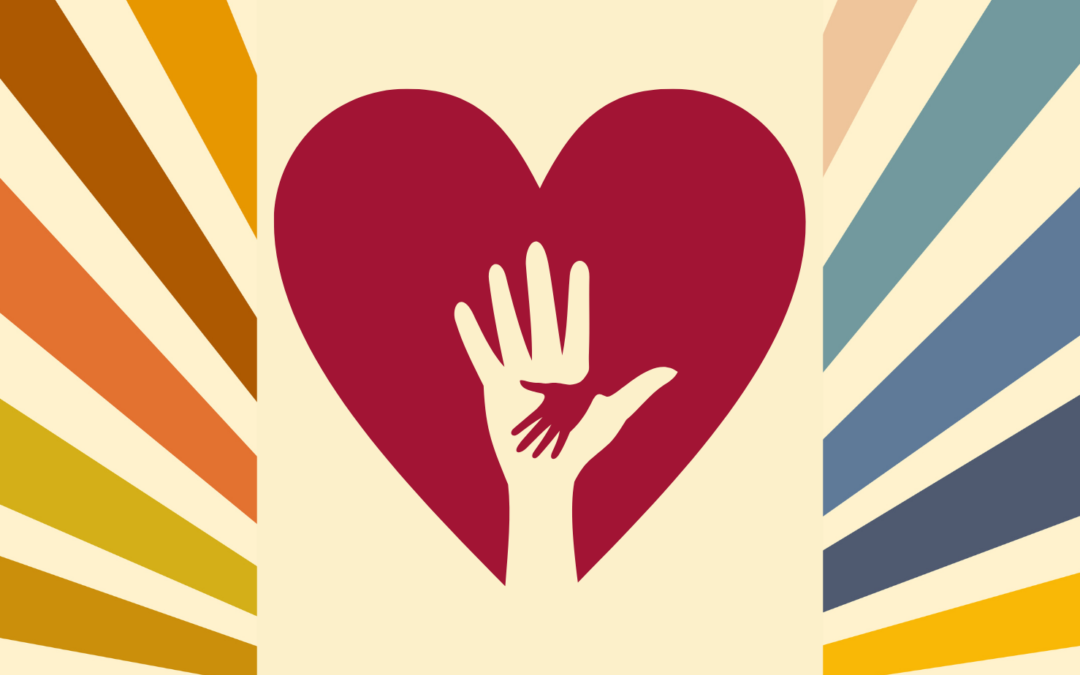Grief is a universal experience, yet it is often misunderstood and overlooked. On August 30th, we observe National Grief Awareness Day to bring attention to the complexities of grief and the critical need for support and understanding. For mental health advocates, this day is a powerful opportunity to champion awareness and foster a more compassionate society.
Understanding the Significance of National Grief Awareness Day
National Grief Awareness Day holds a poignant place in the calendar for those involved in mental health advocacy. This day is dedicated to recognizing the profound impact of grief on individuals and communities. It seeks to break down the stigma associated with mourning and loss, encouraging open conversations and genuine support.
The Importance of Acknowledging Grief
Grief can affect anyone at any time. Whether due to the loss of a loved one, a significant life change, or the end of a meaningful relationship, grief touches all aspects of our lives. National Grief Awareness Day prompts us to reflect on these experiences and understand that grief is a natural, necessary part of healing.
Raising Awareness through Education
Mental health advocates play a pivotal role in educating the public about grief. By sharing information and personal stories, they help others recognize the signs of grief and offer effective ways to provide support. This education can lead to more empathetic responses from friends, family, and society at large.
Understanding Grief
Grief is not a one-size-fits-all experience. It manifests differently in everyone, influenced by personal, cultural, and situational factors. Understanding the stages of grief can provide valuable insights into the grieving process.
The Stages of Grief
The concept of grief stages was introduced by Elisabeth Kübler-Ross and includes five phases:
- Denial – Shock and disbelief, a temporary defense mechanism.
- Anger – Feelings of frustration and helplessness.
- Bargaining – Attempting to regain control through ‘if only’ statements.
- Depression – Deep sadness and withdrawal from usual activities.
- Acceptance – Finding a way to move forward while honoring the loss.
Emotional and Physical Manifestations
Grief affects both the mind and body. Emotionally, individuals may experience anxiety, guilt, and overwhelming sadness. Physically, grief can lead to fatigue, changes in appetite, and sleep disturbances. Recognizing these symptoms is crucial for offering appropriate support.
Grief’s Non-Linear Nature
It’s essential to understand that grief is not a linear process. People may cycle through stages multiple times and experience emotions out of sequence. This variability underscores the need for personalized support and patience from those around them.

Coping Mechanisms for Grief
Finding healthy ways to cope with grief is vital for emotional and physical well-being. While the grieving process is unique to each person, certain strategies can help manage the intensity of these feelings.
Professional Support Networks
Seeking help from professionals such as therapists or counselors can provide a structured environment for processing grief. These experts can offer coping strategies, validate feelings, and assist in navigating the various stages of grief.
Self-Care Practices
Self-care is an essential part of managing grief. Activities such as exercise, journaling, and mindfulness can provide relief and a sense of normalcy. Additionally, engaging in hobbies or spending time in nature can offer moments of peace and distraction from the pain.
Building a Support System
Connecting with others who have experienced similar losses can be incredibly comforting. Support groups, whether in-person or online, offer a safe space to share feelings and gain insights from those who understand the grieving process firsthand.
The Role of Advocacy
Advocacy is crucial in creating a supportive environment for those experiencing grief. Mental health advocates are on the front lines, working to ensure that grief is recognized as a vital aspect of mental health.
Public Awareness Campaigns
Raising public awareness about grief involves disseminating information through various channels, including social media, community events, and educational seminars. These campaigns aim to normalize conversations about grief and promote understanding.
Policy and Support Initiatives
Advocates also work to influence policies that provide better support for grieving individuals. This may include pushing for workplace accommodations, funding for mental health services, and grief education in schools.
Personal Advocacy
On a personal level, advocates can make a difference by offering empathy and support to those in their immediate circles. Sometimes, simply listening and acknowledging someone’s pain can be profoundly impactful.
National Grief Awareness Day Activities
Observing National Grief Awareness Day can be a powerful way to show solidarity with those who are grieving. Here are some activities to consider:
Community Events
Participate in or organize local events such as memorial walks, candlelight vigils, or grief workshops. These gatherings provide a sense of community and shared understanding.
Online Engagement
Use social media to share resources, personal stories, and information about grief. Hashtags like #NationalGriefAwarenessDay can help spread the message and connect people worldwide.
Educational Workshops
Host or attend workshops that focus on grief education. These sessions can provide valuable tools for coping and offer insights into supporting others through their grief.
Conclusion
National Grief Awareness Day reminds us of the importance of acknowledging and supporting those who are grieving. By understanding the complexities of grief, promoting healthy coping mechanisms, and advocating for public awareness, mental health advocates can make a significant difference.
Grief is a universal experience, but it doesn’t have to be endured in isolation. Let’s continue to foster a compassionate community where everyone feels seen, heard, and supported in their grief.
For more resources or to connect with others who understand, consider joining one of our support groups or reaching out to a mental health professional. Together, we can create a world where grief is met with empathy and understanding.

